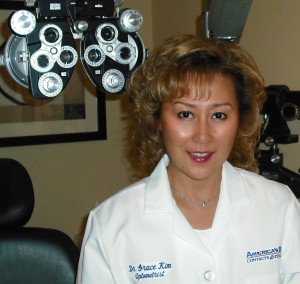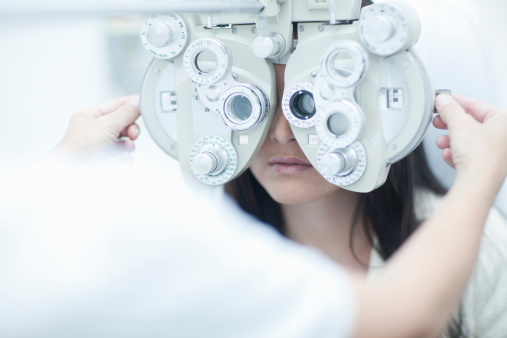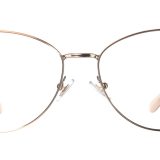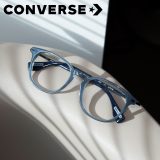Ask An Optometrist
Question:
My son has allergies really bad during the spring and summer. His eyes are usually puffy or swollen. What would you recommend for that?
Answer:
Ocular allergies and their associated symptoms can be from either seasonal allergic conjunctivitis or chronic/perennial allergic conjunctivitis. Seasonal allergic conjunctivitis is the most common form of eye allergy, usually triggered by grass and ragweed pollens. Chronic/perennial allergic conjunctivitis is also very common, associated with mildew, house molds, dust mites, animal dander and feathers which can be present all year long. Thus, it can occur any time year round and more persistent than seasonal allergic conjunctivitis.
The typical symptoms of allergic conjunctivitis include itching, burning, redness (dilated blood vessels in the white of the eye), watering, soreness, stinging, light sensitivity, blurred vision, swollen lids, and chemosis (swollen conjunctiva, inside of the eyelid). Usually both eyes are affected, although the severity of symptoms may not necessarily be equal.
The best treatment is avoidance of the allergen and prevention before the symptoms occur. While indoors, it would be recommended to use an air purifier and be sure to change the filters at the start of allergy season. Also, the basic hygiene routine of washing hands whenever coming in from outdoors to remove the allergen, along with frequent vacuuming, wiping down the furniture, frequent bathing of pets, changing the furnace and air conditioning filters on a regular basis, regularly turning off the ceiling fans or keeping them at a low setting, and keeping up with house cleaning would be recommended. In the bedroom, changing the pillows cases often, purchasing new pillows periodically, keeping pets out, keeping the bedroom door closed and also closing the air vents during the peak pollen season would help to prevent the pollen from entering. Naturally, the complete avoidance and prevention is difficult to accomplish during allergy seasons with involvement of outdoor activities. It is recommended to take oral anti-histamines before going outside and use anti-histamine drops in the eyes, either prescription or over the counter, to help reduce the symptoms once they start to occur.
The over the counter eye drops for allergic conjunctivitis that are currently available include decongestant, decongest and anti-histamine combination, and ketotifen (anti-histamine and mast cell stabilizer) eye drops. Chronic usage of the decongestant eye drops, with or without anti-histamines, is not recommended since the overuse can cause another eye condition called conjunctivitis medicamentosa (eye drop dependence, rebound redness, and congestion).
In regards to the specific treatment of puffy and swollen lids, palliative therapy of cold compress on the eyes along with daily eyewashes with artificial tears may be helpful. Among the prescription eye drops, if swollen and puffy eyelids along with other clinical signs of conjunctival chemosis and erythema (redness of the skin) are greater than itching (the hallmark sign of allergic conjunctivitis), doctors may recommend corticosteroid prescription eye drops as an initial treatment option followed by other class of medication. Finally, swollen and puffy eyes due to perennial allergies can be symptoms of other condition or allergies including asthma, which should be screened for, especially in children.
Dr. Grace Kim
Grace M. Kim, O.D.
Clinical Advisor Panel Chair for America’s Best Contacts & Eyeglasses

Dr. Kim received her Doctorate from the Pennsylvania College of Optometry. Prior to entering optometry school, she worked as a research biologist at the Department of Microbiology and Immunology of the Uniformed Services University of the Health Sciences. She was involved in electron microscopy, ultramicrotomy and immunocytochemistry, in which fields she received acknowledgements and co-authored presentations, abstracts, and articles which were published in the Journal of Eukaryotic Microbiology. Following graduation, Dr. Kim joined National Vision’s America’s Best Contacts and Eyeglasses. Since 2007, Dr. Kim served as Chairperson on Clinical Advisory Panel. She is also a Doctor Mentor in which position she trains newly hired doctors and assist in conducting performance reviews on the Peer Review Committee.










